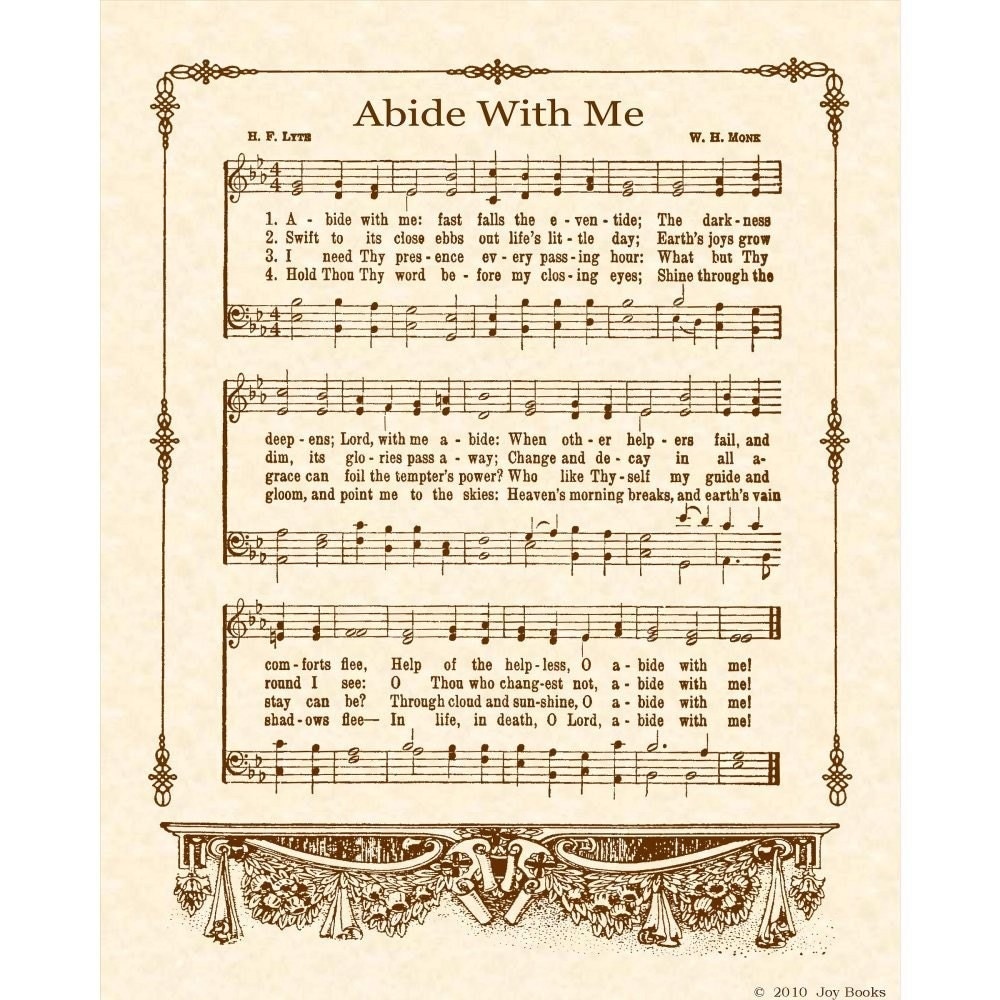Acts 2:42-47
A Glimpse of What’s Possible
James Sledge May
11, 2014
I
think this is one of those scripture passages that makes a lot of American
Christians a little bit nervous. All who believed were together and had all
things in common; they would sell their possessions and goods and distribute
the proceeds to all, as any had need. That sounds a bit like, “From
each according to his ability, to each according to his need,” a communist
mantra popularized by Karl Marx. But that’s somewhat counter to a number of
basic tenants of American society.
The
utopian, commune like feel of the Jerusalem church in Acts is also way outside
most of our experience of faith. It is as removed from our experience as Mother
Teresa’s life of faith feels distant from our own. And the preacher tempted to
urge a congregation, “Be more like the Acts church,” is likely to find such
efforts as ineffective as urging them to be more like Mother Teresa. Not that
pastors don’t still try on occasion.
One
of the problems, or perhaps better, the limits of preaching is that unless a
congregation invests divine authority in a pastor – something that was probably
always rare but almost never happens in our cynical age – preaching itself has
very little power to change how people act or live. People may like or dislike
a sermon. They may agree or disagree with it. They may even be convinced to
change their mind about something from time to time, but in that sermons are
little different from editorials in the newspaper, if more focused on religious
rather than political discourse.
And
so the typical sermon on today’s passage seeks to convince people how becoming
a bit more like the folks in an admittedly idealized Jerusalem church might be
a good and doable thing. Or it seeks to explain some updated practice that
might be better suited to our modern world. Or it talks about how our lives as
consumers are contrary to the life of those who are in Christ. Or it may even
explain why this utopian vision of the early church has nothing to do with us.
I’ve certainly charted a couple of these paths in sermons I’ve preached.
But the problem with such efforts is
that, very often, they urge certain sorts of activity or behavior without much
attention to what caused such behavior in the Jerusalem church. The people in
Jerusalem didn’t share everything with one another, or devote themselves to the
apostles’ teaching and to prayer, because a preacher, even Peter himself, urged
them to do so. They did so because of a dramatic encounter with the power and
presence of God that changed and transformed them.


